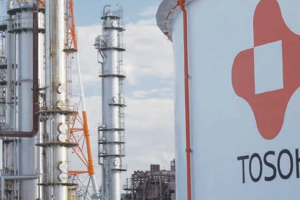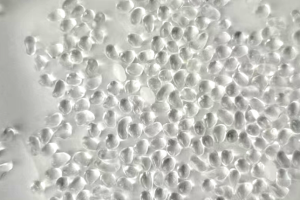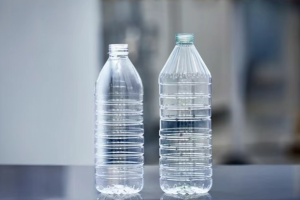May 8, 2025 – The UK’s HM Revenue and Customs (HMRC) recently announced significant changes to the Plastic Packaging Tax (PPT) set to take effect from April 2027. This move is part of the UK’s broader effort to drive sustainability in the plastic packaging industry and will have far – reaching implications for businesses involved.
The upcoming policy changes are characterized by a “plus – and – minus” approach. Firstly, the Mass Balance Approach (MBA) will be introduced for calculating recycled content. Starting from April 2027, recycled plastic content derived from chemical recycling will be included in the PPT recycled content calculations. The Mass Balance Approach, a chain – of – custody model, allows companies to accurately account for recycled content in scenarios where recycled and virgin materials are blended. Given that the products of chemical recycling are often mixed with virgin materials, making it difficult to physically track the recycled portion, the implementation of the MBA is especially crucial for chemical recycling technologies. This change expands the scope of PPT recycled content calculations from traditional mechanical recycling to include chemical recycling, providing a more comprehensive way to measure the sustainability of packaging.

On the other hand, pre – consumer recycled content will no longer be counted towards the recycled content requirements. This shift will particularly impact flexible packaging companies that rely heavily on pre – consumer materials, such as manufacturers of plastic bags and functional films. If these businesses fail to increase the recycled content in their products to 30% before the new rule comes into force, they will be liable to pay the PPT at a rate of £223.69 per tonne (approximately RMB 2157.92 per tonne).
In recent years, as global environmental awareness has grown, countries around the world have introduced a series of policies and regulations to combat the increasingly serious plastic pollution problem. In the UK, plastic packaging accounts for 44% of the total domestic plastic use and is the main source of 67% of plastic waste. A large amount of plastic packaging still uses virgin materials, with the proportion of recycled plastic being significantly low. Against this backdrop, the UK implemented the PPT on April 1, 2022, levying a tax on plastic packaging and products with a recycled plastic content of less than 30% to encourage companies to increase the recycling rate of plastic waste and strengthen supervision over importers.
For flexible packaging companies that rely on pre – consumer materials, the implementation of the new regulations poses a severe test. Without promptly adjusting their production models to increase the use of chemically recycled materials to meet the 30% recycled content standard, they will face high tax burdens. However, the introduction of the Mass Balance Approach also brings some positive changes. Companies will have more flexibility when using chemically recycled materials, and the process of calculating the proportion of recycled plastic will be simplified, reducing compliance costs.
From a policy – making perspective, after extensive consultation, the UK government decided to adopt a neutral scientific and technological approach and explicitly excluded chemical recycling products used for fuel or energy production to ensure that chemical recycling technology can focus on the circular use of plastic packaging. Additionally, the UK plans to align with the description of chemical recycling proposed by the EU Chemical Recycling Alliance. Currently, the EU is still evaluating whether to use the fuel – exclusion Mass Balance method to calculate recycled content, and future UK policies in this regard may be influenced by the EU’s final decision.
The UK’s PPT adjustment is another significant step in promoting the green transformation of the plastic packaging industry. For relevant businesses, keeping abreast of policy changes and actively adjusting production strategies will be the keys to meeting challenges and seizing opportunities.














